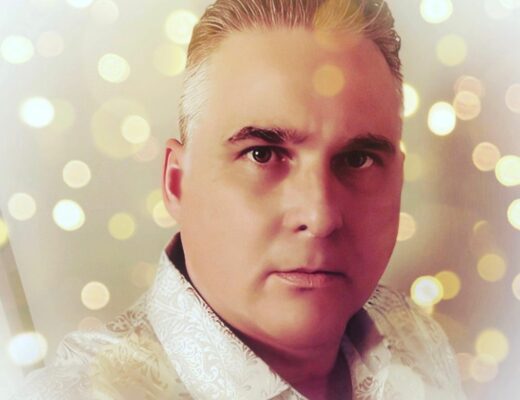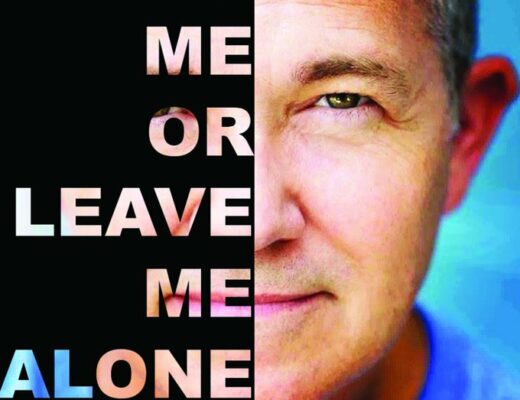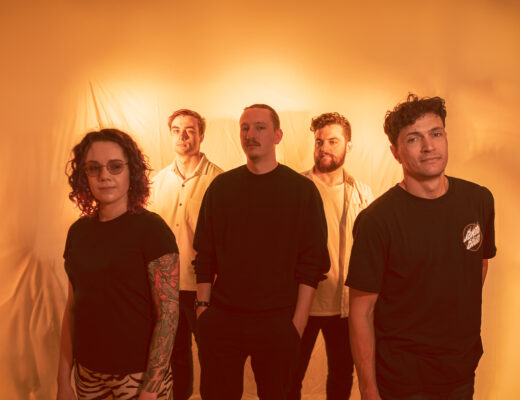A&R Factory sat down with the globally renowned fusionist composer, director and performer Anirudh Rajagopalan to get an insight into his multilingual and multisonical talents that have captured audiences across the globe.
–
Anirudh Rajagopalan, thank you for taking the time to discuss your impressive career as a music composer, director, and performer. We love how intrinsically you blend different sonic cultures from across the world. Have you always had a fusionist style?
I’ve not always had a fusionist style, especially when I was growing up in a household that was and is deeply rooted in Indian music. Indian music ranges from Carnatic Music, film music, Hindustani Music, and more. India’s musical landscape today is very vibrant and that’s where I really started. But as my awareness of diversity increased over the years, eventually so did my thoughts about listening to other kinds of music.
In school, I took Western orchestra, where I played violin in a traditional string orchestra for several years, and I would go home and hear Indian music. Part of me was wondering how I could fuse what I learned from my school orchestra with what I was hearing at home. I thought especially about how such genres can work together.
This idea stayed in my head for several years, until I could finally act on it when I used my first music software which had access to electronic versions of such instruments I was familiar with. So, given a blank canvas, I experimented and found that fusions could work anywhere and anytime as long as you are willing to put in the work and imagination.
What are your favourite genres to work with?
I am rooted in multiple genres of Indian music, but the two I am most rooted in are Carnatic Music and Bollywood.
We’re blown away by your ability to sing in so many languages, English, Tamil, Hindi, Spanish, German, Croatian, Korean, and Japanese, to name a few. Which language do you enjoy singing in the most?
I enjoy singing in Hindi and English. Hindi is the main language of Bollywood movies, which are famous all around the world.
You were born into a very musical family with family members making an ever-lasting mark in the Indian film industry; how has this affected your journey as an artist?
It has definitely affected my journey as an artist, as it defined where I started. My family continues to make strides in the Indian film industry and other places as opportunities arise. I was born into a family that is grounded in Carnatic Music. As I grew up, I watched my mother teach generations of kids the musical genre that she was trained in.
Eventually, I chose to play the mridangam, which is the main percussion instrument of Carnatic Music. Through over a decade of experience, I have begun to think of ways as to how Carnatic Music can find its way into the Indian film industry and other sections of the world. Carnatic Music has made its way into the film industry now, but I think it can have a much greater presence. I do not believe that any single musical genre has to be kept completely separate from the world, and there is room for every genre to expand, grow, and become more popular.
What are your Future Ambitions with Your Music?
I haven’t taken this sound across the country yet. I haven’t done anything like a tour or anything yet, but I look forward to finding such opportunities. As of now, I have taken my culturally fusionist sound through all streaming services. Maintaining these artist pages along with a website is how I have been going to get started. But I have performed Carnatic Music and Bollywood concerts for the past decade and overall, the reception has been positive as long as I performed to my best. I still believe I can eventually take my work to more places.
Given your success which has included receiving many accolades, you have surely got some advice to give to aspiring artists and struggling artists. What would your number one piece of advice be?
I would advise artists to start with a vision. My vision, as an example, is to fuse ideas and instruments from different cultures. I have been rooted in Carnatic Music, but I also have experience in Western Orchestra and am slowly getting into European genres. So, using the resources I currently have, I try to fuse what I have learned from each genre to make such works.
Most of my works have a good portion of a traditional string orchestra, but you will find some unique instruments in them. For example, maybe a glockenspiel, harpsichord, or piccolo has the leading voice. Or an electric bass keeps the bass platform up. I also use principles of Carnatic Music and Western Music Theory to determine beats so I can compose each line of my recordings so they sound pleasing to the ear.
I would advise struggling artists to keep networking and be open to new ideas and try as many as they can. You never know what might end up working.
What projects are currently in the works?
I just finished up a new album and a new single in the past month, where I explored making music that sounded more soulful. It is out on all streaming platforms (Apple Music, Spotify, SoundCloud, etc.), and my artist name is “Anirudh Rajagopalan” (just my name). More information about my works and my life can be found on my website.
–
Listen to Anirudh Rajagopalan’s fusionist sounds on Spotify.
Follow the artist on Twitter and Instagram.
Interview by Amelia Vandergast




No Comments